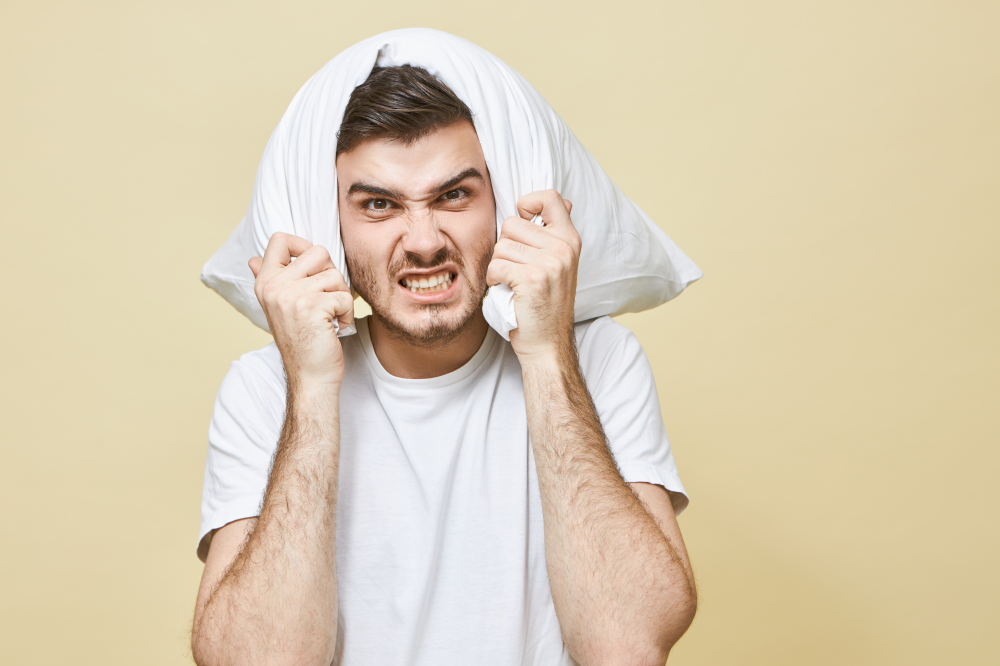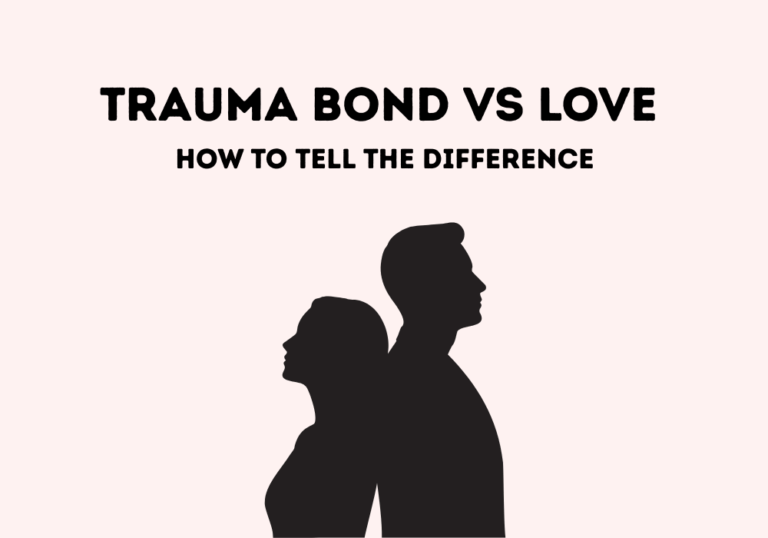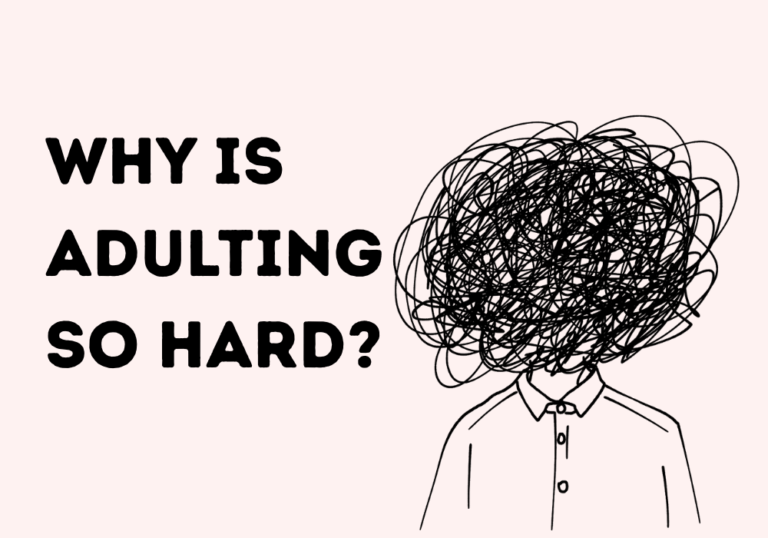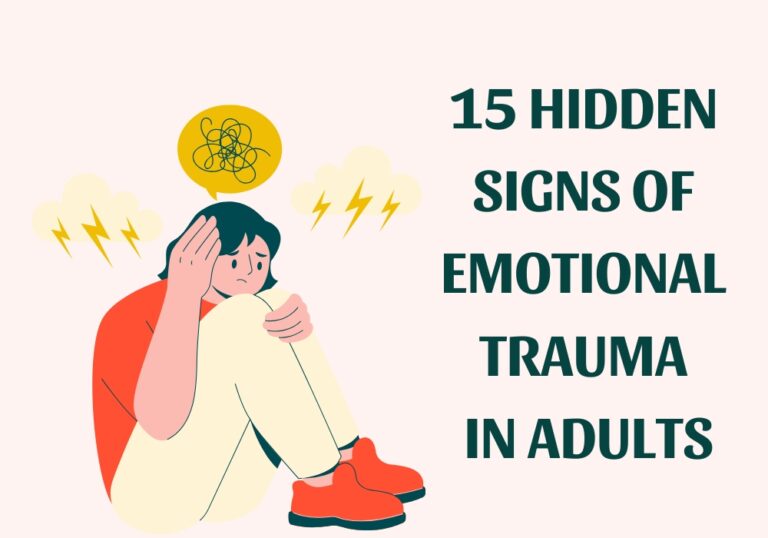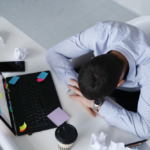What is insomnia?
Insomnia can be intensely painful, and is often the cause of sleepless nights. It can also be caused by a physical condition such as an anxiety disorder or depression, or a psychologicapul condition such as stress and PTSD.
Insomnia symptoms:
Symptoms of insomnia include:
- Waking up too early and being not able to fall asleep .
- Waking up during the night.
- Tiredness or sleepiness during the day .
- Difficulty concentrating or remembering.
- Anger.
- Problems with school, work or social functioning.
- Fatigue.
- Unwanted early morning waking.
- Not feeling refreshed when you wake up.
- Sleepiness.
- Irritability or depressed mood.
- Worry or fear of sleeping.
- Tension headache.
Causes of insomnia:
Common causes of chronic insomnia include:
1-Stress:
Worries about work, school, health, finances, or family can keep your mind active at night and make it difficult to sleep. Stressful life events or trauma can also cause insomnia.
Related:Stress :10 Ways to Manage and reduce it
Related:8 Ways to Bust Stress in 5 Minutes
2-Irregular sleep schedules:
Your circadian rhythms act as an internal clock,controlling things like your sleep-wake cycle, metabolism, and body temperature. A disruption in your body’s circadian rhythm can lead to insomnia .
Causes include jet lag from traveling ,working a late or early shift, or frequently changing shifts. All of that can lead to disrupted circadian rhythms and insomnia.
3-Using your bed for activities:
Using your bed for activities other than sleeping can create mental associations between your bed and being awake.
4-Hormonal Fluctuations:
Hormonal fluctuations due to menstruation, menopause, thyroid disease or other problems.
5-Keeping your brain stimulated:
Keeping your brain stimulated late at night, such as working late, playing video games or using other electronic devices.
6-Caffeine :
Is a stimulant that can stay in your system for hours, make it difficult to fall asleep and can contribute to insomnia when used in the evening.
Nicotine also is one of the stimulants that can negatively affect sleep.
7-Neurological disorders:
Such as Alzheimer’s disease or Parkinson’s disease.
8-Overeating late at night:
Eating a light snack before bed is fine, but overeating can make you feel physically uncomfortable while lying down. Many people also suffer from heartburn, a reflux of acid and food from the stomach into the esophagus that can keep you awake.
Related:Emotional Eating:10 Ways To Stop it And Be Mindful Of Your Diet
Types of insomnia:
1-Sleep-maintenance insomnia:
Difficulty sleeping through the night can be referred to as insomnia, and this can also affect people with short-term or chronic insomnia.
Middle-aged and older adults with insomnia are more likely to have trouble sleeping through issues with maintaining sleep throughout the night than with falling asleep.
2-Paradoxical insomnia:
Paradoxical insomnia, also known as misperception of sleep state, occurs when a person feels that their sleep is severely disturbed, but no other evidence confirms the presence of sleep disorders. People with paradoxical insomnia may grossly underestimate how much sleep they are actually getting.
3-Sleep-onset insomnia:
Both chronic and short-term insomnia can be associated with difficulty falling asleep at first bedtime, which can be referred to as sleep-onset insomnia.
4-Restless Legs Syndrome:
The exact cause is unknown, but pregnant women are at increased risk of RLS, even if they never had symptoms before pregnancy.
5-Acute insomnia:
This refers to short-term sleep disturbances that usually last no longer than a few weeks.
6-Chronic Insomnia:
This refers to insomnia that regularly affects your sleep 3 or more days a week, usually for a period of 3 months or more.
7-Mixed insomnia:
The mixed insomnia descriptor can be applied to people who have a combination of problems with falling asleep, staying asleep, and waking up early in the morning.
8-Late Insomnia:
If you’ve ever awakened too early and had trouble falling back to sleep, you can have skilled late insomnia. Late insomnia, also termed sleep offset or terminal insomnia, has a tendency to occur between 3 and 5 am,when it feels too early to get up but too late to go back to sleep.
9-Sleep Hygiene Insomnia :
This refers to insomnia because of bad sleep hygiene. It could refer to unproductive sleep habits, such as using electronic devices just before bedtime, drinking coffee or alcohol at night, or having a bad bedtime routine.
10-Idiopathic Insomnia:
Idiopathic insomnia describes insomnia without an obvious cause, such as: a medical or mental condition. However, recent research has found that the disorder likely has one cause: hyperarousal of the central nervous system. This could be a dysregulated response to stress by the body, which can remain hypervigilant at bedtime, making sleep difficult. Metabolic rate, heart rate, and body temperature can also increase and contribute to sleep deprivation.

